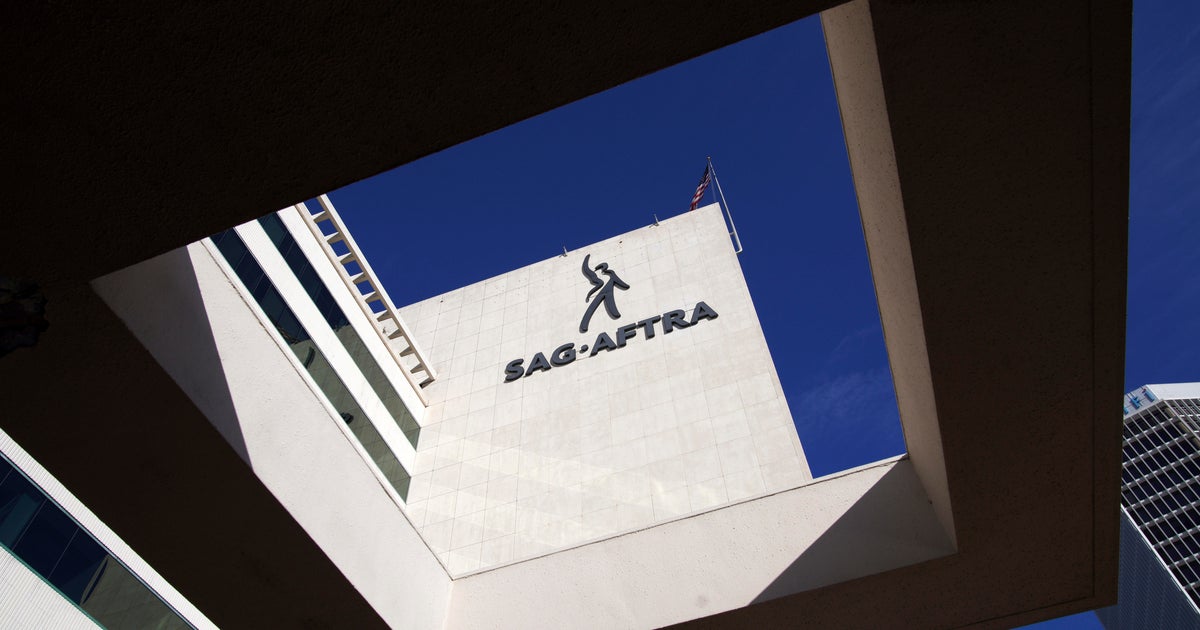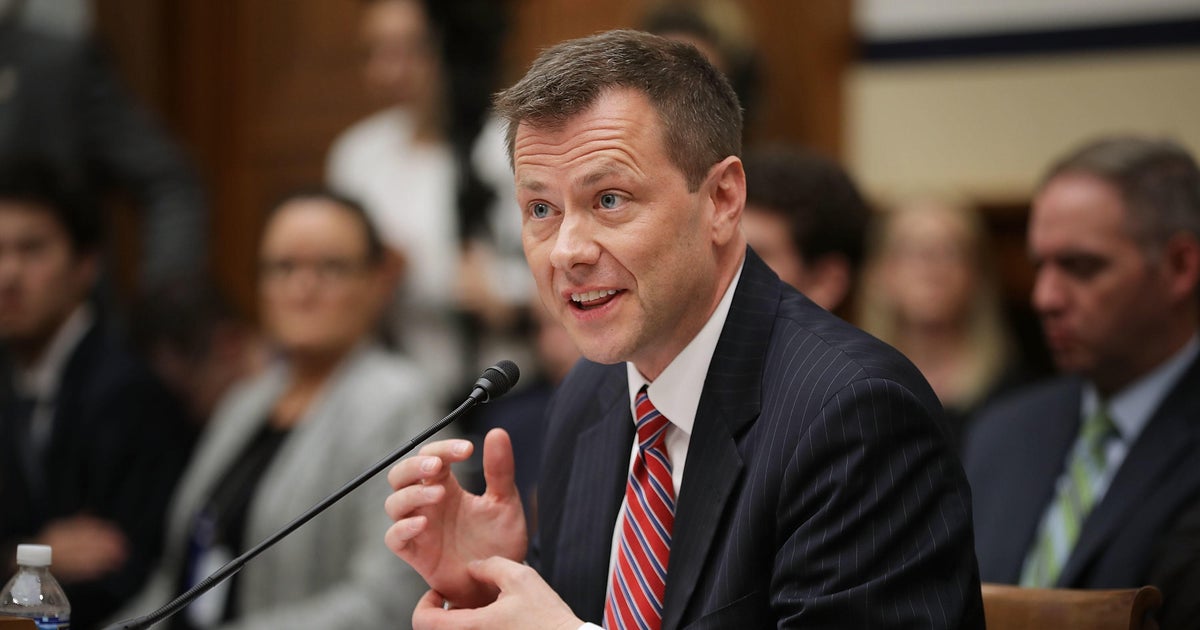Trump says jobs are "flowing." Big employers just cut 50,000 jobs.
President Donald Trump has hailed the economy in speeches and on social media, proclaiming in August that "jobs are flowing." But even as some employers are rehiring workers, others are shedding thousands of jobs, with major companies announcing 50,000 job cuts in the last two weeks alone.
Weekly unemployment claims remain above 1 million, a "historically high" level, according to labor economist Heidi Shierholz of the left-leaning Economic Policy Institute. And some industries, including travel and entertainment, continue to shed workers as consumers remain wary of traveling as the coronavirus continues to spread in regions of the U.S.
Six months after the pandemic shuttered the U.S., bringing its economy to a standstill, a second wave of job cuts is emerging. Under labor regulations, companies must tell employees that they are formally "separated" — in other words, cut — if a furlough extends longer than six months. Already, MGM Resorts International said 18,000 furloughed workers would be laid off starting on September 1, with business failing to return to pre-pandemic levels. American Airlines last month said it will cut 19,000 workers in October after the expiration of federal aid.
"Most people have considered themselves unemployed temporarily" in the pandemic and believed they would be rehired, said Andy Challenger, senior vice president at global outplacement firm Challenger, Gray & Christmas. "Now we're seeing six months into that, a lot of those temporary cuts are becoming permanent."
To be sure, the unemployment rate has declined from a high of 14.7% in April to 10.2% in July as businesses resumed operations and rehired workers. But some job experts say signs indicate there is trouble ahead, which could create headwinds for the labor market and result in a jobless rate marooned at historically high levels.
Among those red flags are employers themselves. Almost half of businesses that laid off workers earlier in the pandemic say they expect to cut more workers' jobs over the next 12 months, according to a new survey from outplacement company Randstad RiseSmart.
"Although the unemployment rate has decreased, the progress remains slow, given that many employers are still wary of a resurgence of the virus and changing business conditions," said Dan Davenport, president and general manager at Randstad RiseSmart.
Many jobs on "life support"
Companies in certain industries, such as travel, are reeling more than others as a result of the pandemic. Unless travel picks up and entertainment venues can reopen at full capacity, we can be expect to see even deeper job cuts in those industries over the next few months, Davenport added.
The retail sector is struggling too, as shoppers change their consumption patterns, opting to shop online rather than in stores. The Gap and Banana Republic are closing more than 200 store locations this year, for example, while last month Bed, Bath & Beyond said it is cutting 2,800 jobs. Lord & Taylor, one of the country's oldest department store chains, is going out of business after filing for bankruptcy earlier this month.
Thousands of businesses were propped up by stimulus aid, such as the Paycheck Protection Program loans provided by the rescue package known as the Coronavirus Aid, Relief, and Economic Security Act, or CARES Act. Without another stimulus package forthcoming from Congress, some businesses may run out of funding to help them survive the pandemic.
"There are a lot of jobs right now that are on a version of life support through CARES Act funds that need to be spent on payroll," Challenger said. "As those dry up over the next month, we certainly might see some more large-scale layoffs, if there is not another round of funding."
Friday's jobs report
The monthly unemployment report, which will be issued on Friday by the Department of Labor, could show a decline in August payrolls. That would mark a reversal after three consecutive months of gains, according to Oxford Economics senior economist Bob Schwartz.
"Real-time data suggest that layoffs are rising and job listings are at best flattening out or at worst declining again," he wrote in an August 28 research report.
"President Trump will have a hard time convincing voters that the job market is stronger now than when he took office," he added.
Weekly claims for unemployment benefits, which will be issued on Thursday, are expected to come in at 980,000, according to analysts polled by FactSet. That would represent a decline of 20,000 claims from the prior week — a dip, but hardly a major dent in ongoing weekly layoffs.
"Those numbers would be shocking, outside the pandemic," Challenger said. "There is no doubt that it's more difficult than six months ago [to find a job], and maybe more difficult than in 2008.



